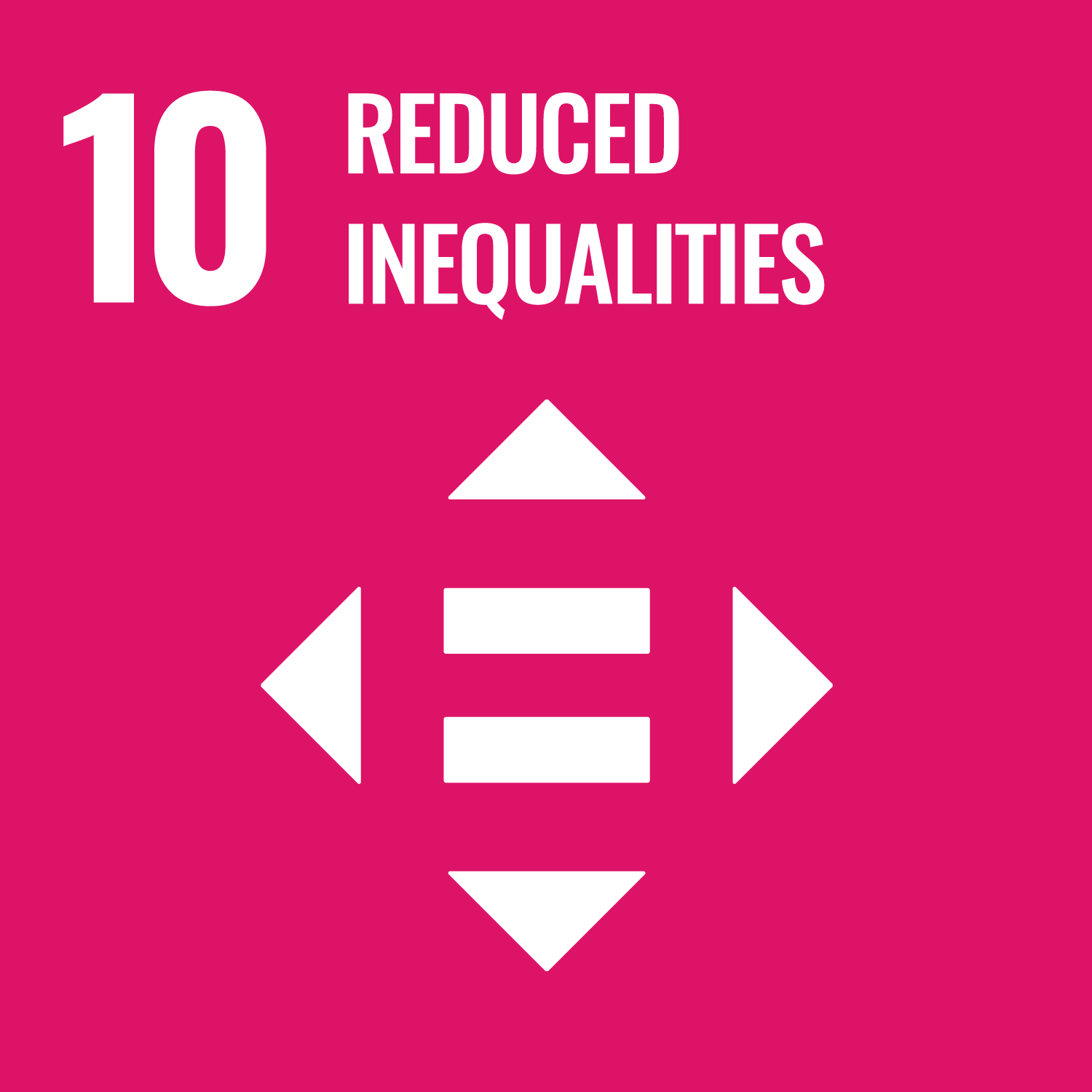What makes depression babies different: Expectations or preferences?
ORCID
- Jan K. Woike: 0000-0002-6816-121X
Abstract
People who have experienced a financial crisis have been found to take less financial risk in their future lives. What causes this behavior? Have “depression babies” become more risk averse or are they more pessimistic about future market returns, that is, a preference or a belief change? To find out, we manipulated how experimental investors learned about a crisis – by experiencing it first-hand or by learning about it from graphs – and examined their subsequent propensity to take financial risk. Investors additionally revealed their expectations about the market by making incentivized predictions about its future value. Our findings replicated the depression-babies effect: On aggregate, people who experienced an experimental financial shock took less financial risk than people who learned about it from a symbolic description. Importantly, these aggregate changes in behavior were not accompanied by discernible changes in expectations or in risk preferences. Although we do not observe a clear causal link between risk taking and concurrent changes in belief or preference, linear models suggest that risk taking in the experiment has a significant relationship with elicited risk preferences but not with elicited expectations.
DOI Link
Publication Date
2024-12-01
Publication Title
Journal of Behavioral and Experimental Finance
Volume
44
ISSN
2214-6350
Acceptance Date
2024-10-04
Deposit Date
2025-01-16
Embargo Period
2026-04-28
Additional Links
Keywords
Depression babies, Description–experience gap, Expectations, Hot-stove effect, Risk preference
Creative Commons License

This work is licensed under a Creative Commons Attribution-NonCommercial-No Derivative Works 4.0 International License.
Recommended Citation
Lejarraga, T., Woike, J., & Hertwig, R. (2024) 'What makes depression babies different: Expectations or preferences?', Journal of Behavioral and Experimental Finance, 44. Available at: 10.1016/j.jbef.2024.100998


